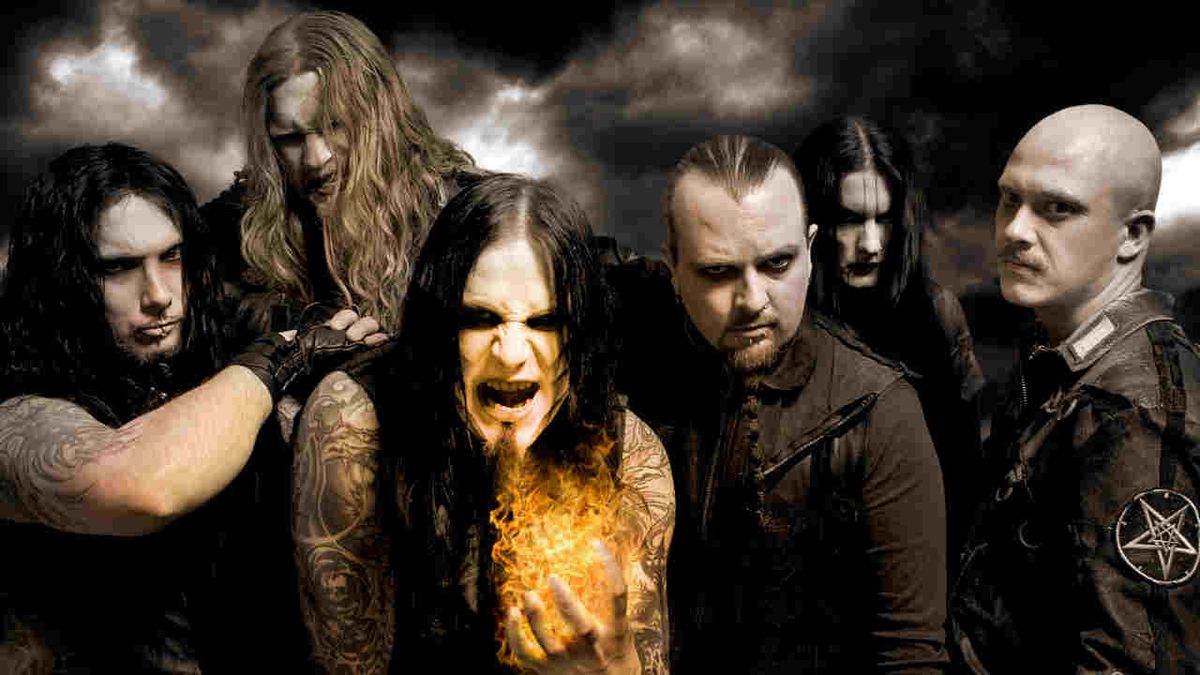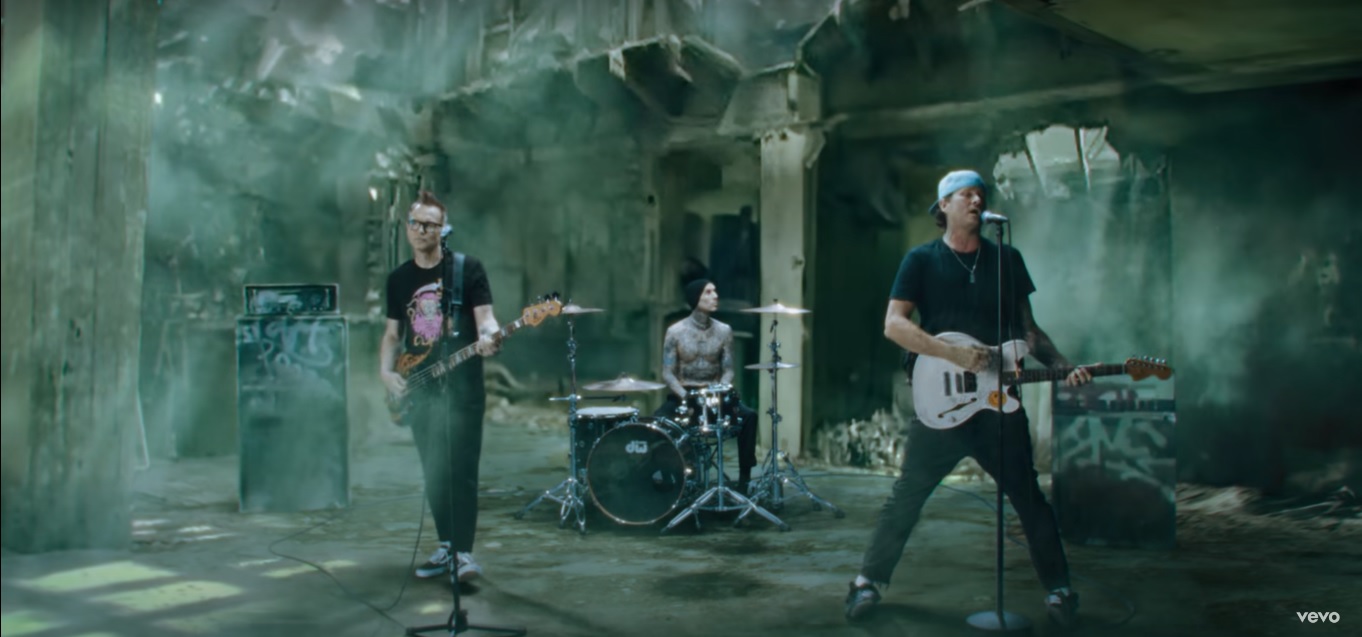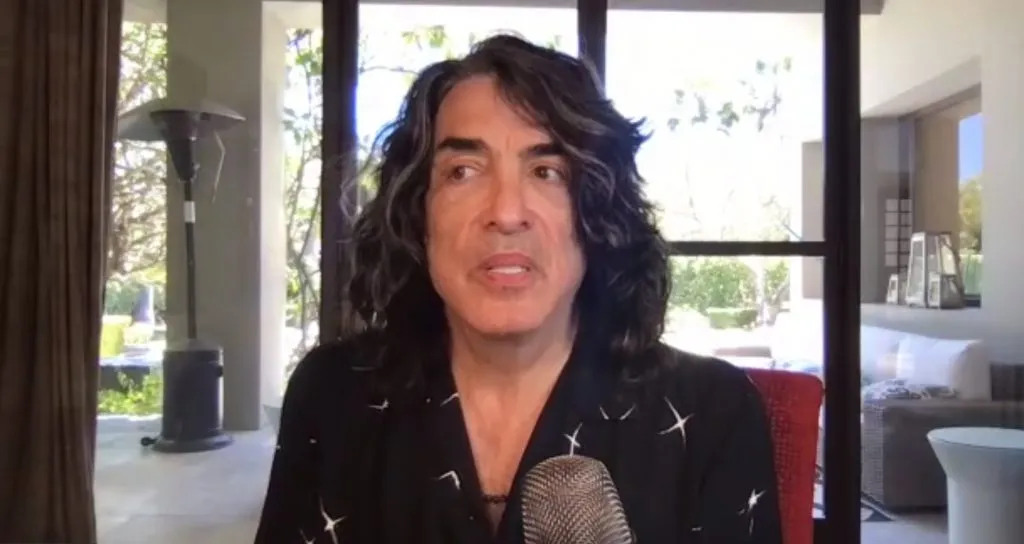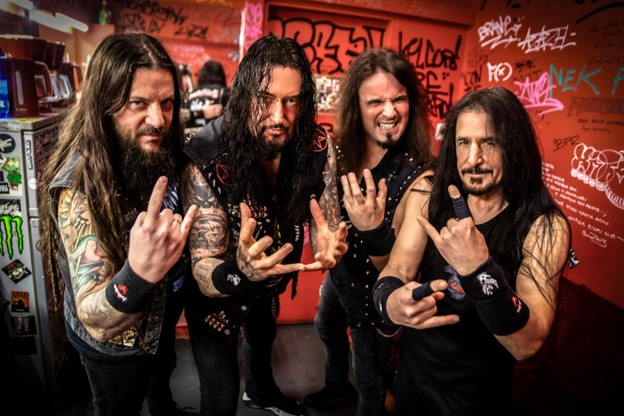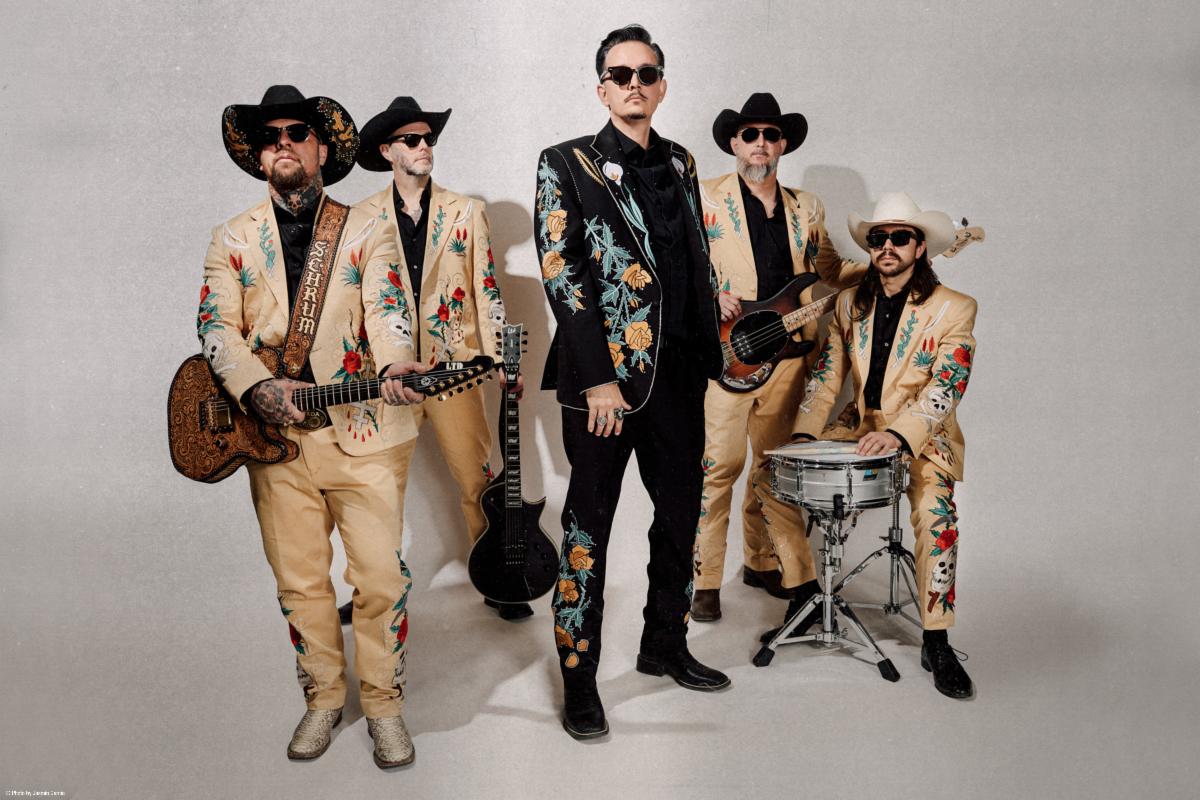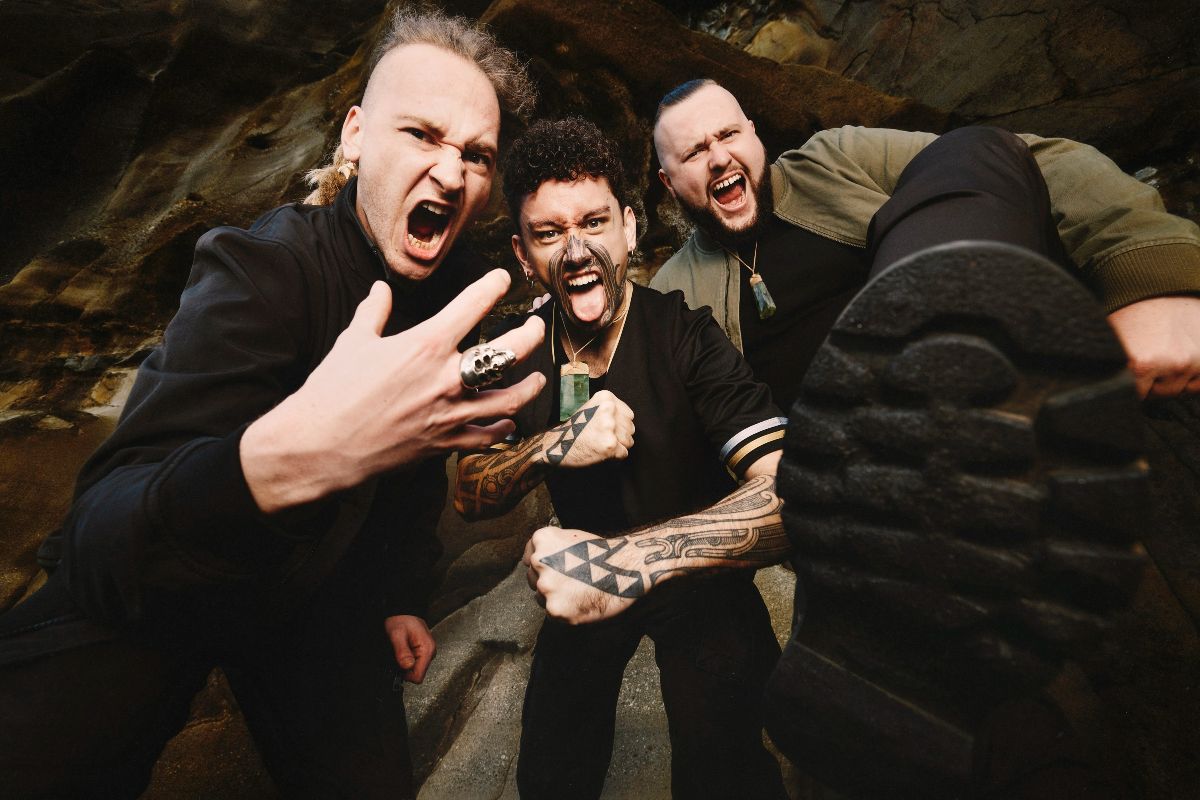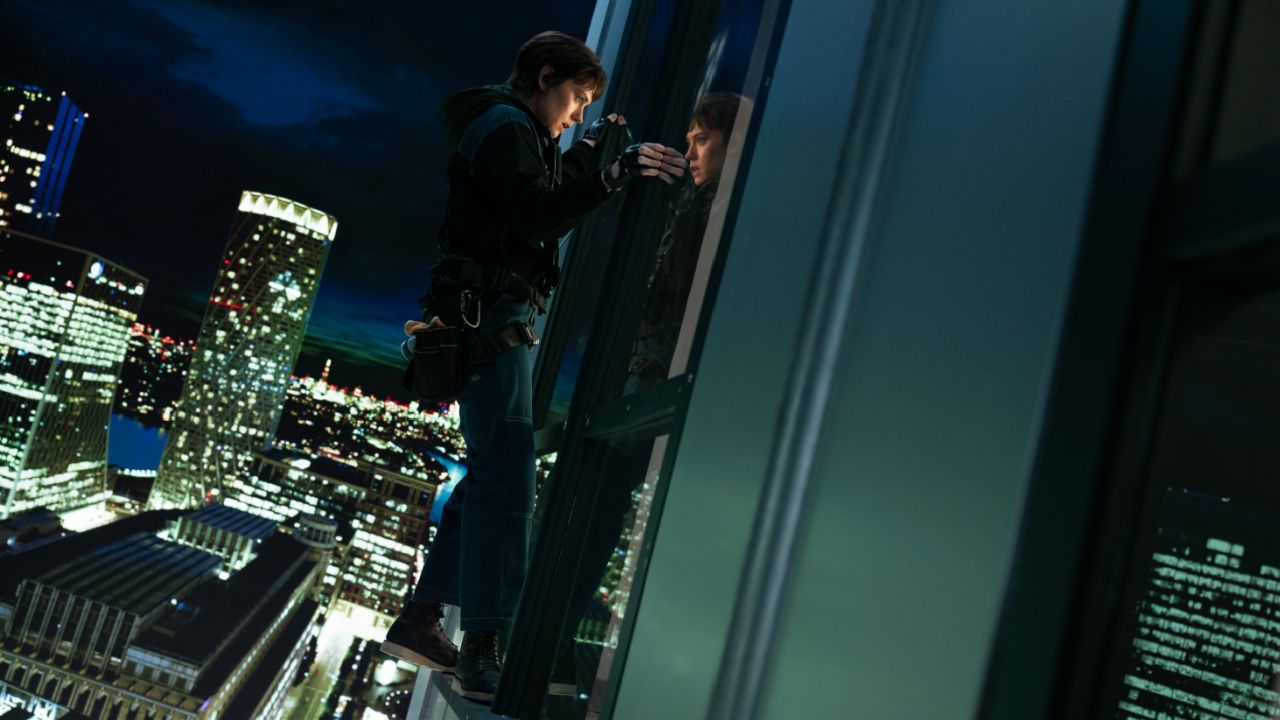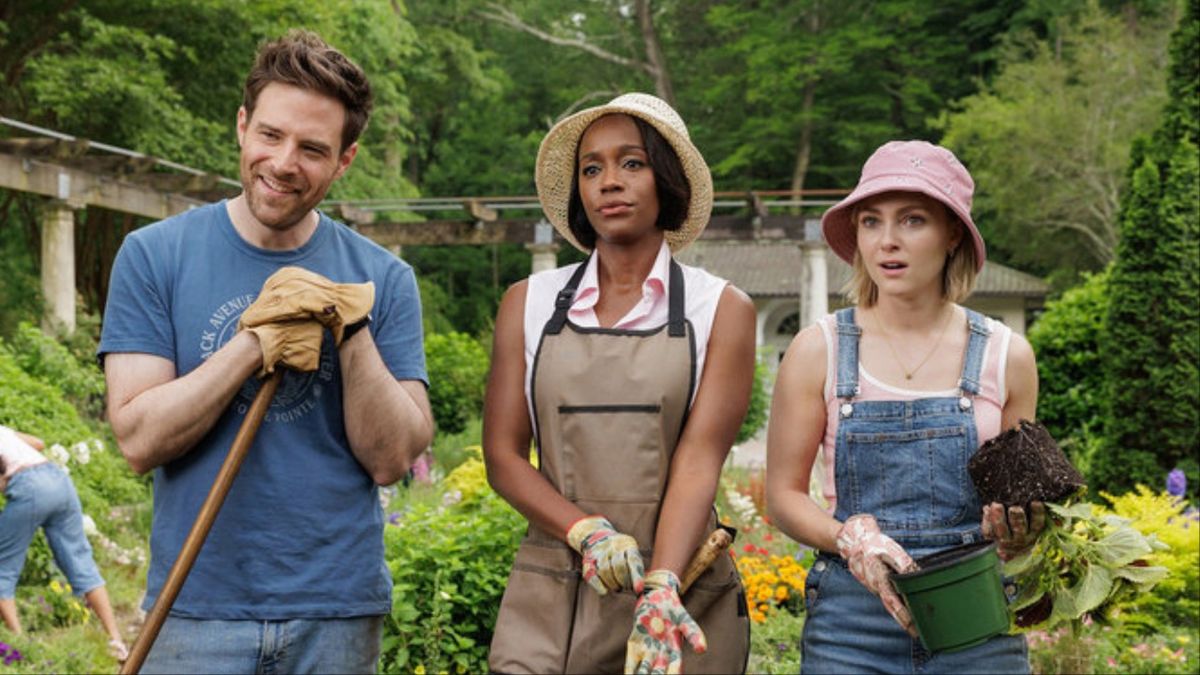Having now officially made their return this afternoon, the newly reconfigured Linkin Park have given an interview to Billboard. After considerable hype and months of rumors, the group unveiled their newest members (vocalist Emily Armstrong and drummer Colin Brittain) amid a livestreamed performance in Los Angeles.
The band also rolled out new music, while announcing a November 15th release date for their comeback album “From Zero“. They didn’t stop there though, also confirming the initial dates for a world tour. You can delve deeper into all of that in this story on today’s happenings.
However, in a newly published interview with Billboard, the diamond-certified nü-metal kingpins, explained how they came about reuniting the band, why they selected their new members, and why their drummer Rob Boudron opted to not take part.
While Armstrong is taking over the role previously held by the late Chester Bennington, Bourdon is the only member of the group’s classic era to not return, with vocalist/guitarist, etc. Mike Shinoda, guitarist/vocalist Brad Delson, bassist/vocalist Dave “Phoenix” Farrell and turntablist, etc. Joe Hahn all back in the fold.
According to the interview, the band first met Armstrong in 2019 and went on to develop a working relationship in the years that followed. However, when they eventually started writing together, they decided to keep things open-ended rather attempting to write specifically for ‘Linkin Park‘. As things gelled and they became more confident with what they were creating, the endpoint for their creative output became clear. Farrell relayed of that period:
“It’s so fun to look at it from this vantage point now, but in the midst of it, we didn’t know where it was going. I sincerely didn’t know if it was going to be something completely different than Linkin Park or a new version of it. In my head, I would shut down when I started asking myself, “OK, well, if this is new stuff, then how do you play old stuff?”
Mike was talking earlier about him doing music [after Bennington’s death] — I was the opposite. For a long time, I was like, ‘I don’t want to do any music. That hurts. I want to avoid that’ It took a while to get to a stage where I started feeling like this is actually energizing. And that was the shift for me, where it went from like, ‘Is it Linkin Park? Is it something else?’ Emily feels like Linkin Park, Colin feels like Linkin Park. The six of us working together, figuring stuff out — that’s energizing, and I want to keep doing it. It was like filling a battery instead of draining it.”
As for the daunting task of attempting to fill the shoes of Bennington, Armstrong added:
“There is so much to this band — this is a very, very important band to this world. And the integrity of the band was really helpful in keeping me grounded. There were so many of those moments where it was like, “Holy s–t,” when you talk about the size of the shows, stuff like that. I’m on cloud nine, but then it hits you that there’s a lot of work to be done.
And going into these [older] songs, by a singular voice that’s beloved by so many people — it’s like, “How do I be myself in this, but also carry on the emotion and what he brought in this band?” That was the work that I had to do. The feeling, the energy, was already there as we were doing the album, so it’s just incorporating that feeling. [I had] to identify what the song meant to me as a singer, not just as someone listening to it. You got to marry the technical part and the emotion. It’s Chester’s voice, and it’s mine, but I want it to still feel the way I feel when I listen to the song, because that’s what the fans love. There is a passion to it that I’m hoping I can fill.”
Shinoda also expressed his confidence in Armstrong‘s abilities and the band’s relaunch, offering:
“Now that we’re getting ready to do some shows, it’s been better than I imagined. Emily was always going to be able to hit the notes and scream the parts. It’ll be a question of, ‘How does it land with people?’ And I don’t know how it will. But I know that, when I hear it, I love it.”
As for drummer Rob Bourdon deciding to not be involved, Shinoda had the following explanation:
“Rob had said to us at a point, I guess it was a few years ago now, that he wanted to put some distance between himself and the band. And we understood that — it was already apparent. He was starting to just show up less, be in less contact, and I know the fans noticed it too. The Hybrid Theory rerelease and Papercuts release, he didn’t show up for anything. So for me, as a friend, that was sad, but at the same time, I want him to do whatever makes him happy, and obviously everybody wishes him the best.
I had done sessions with Colin — I met him around 2021, when I got an invite to a session with a couple of different writers, and Colin was one of the guys in the room, and I immediately clicked with him. He’s playing drums in the live show, and drums are his first instrument, but he plays guitar and bass and keyboard, and he produces and mixes.
We have a similar way of looking at music, of starting from scratch, and I really enjoyed working with him and bouncing ideas back-and-forth. I don’t know if any of these songs are going to be released, but we had done something with grandson, Bea Miller, Sueco — just getting in the room together to make stuff. And then when Linkin Park started making stuff, for whatever we were going to do, it was just like, “Oh, Colin. We’re making stuff. You should come over.”
There’s a lot more to dive into, including their thoughts on the new album, the wall of secrecy they managed to maintain around their comeback and a lot more over at Billboard.




